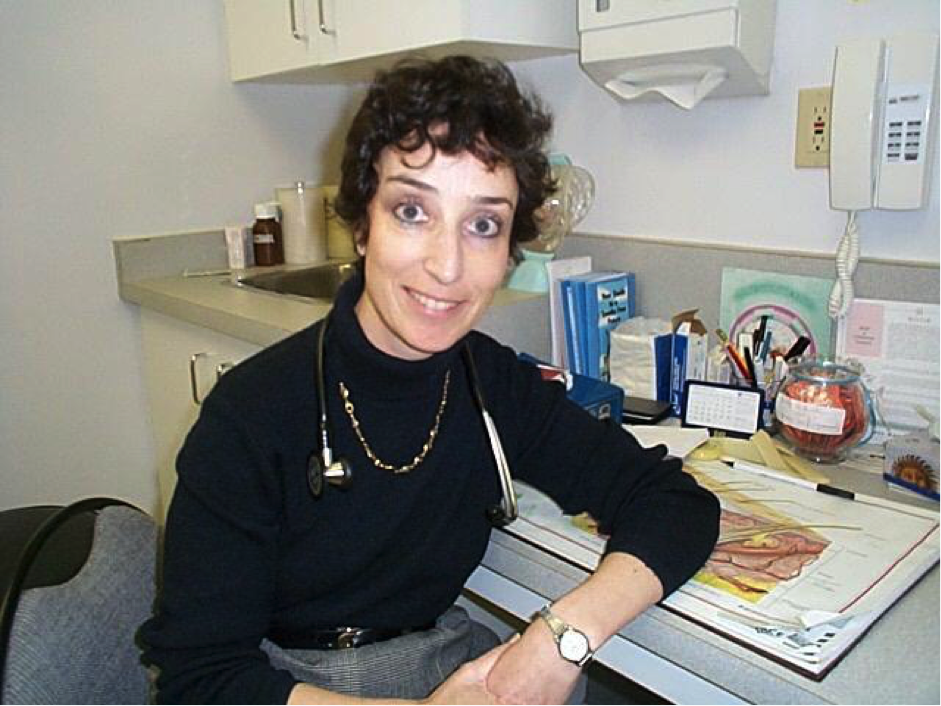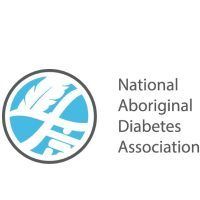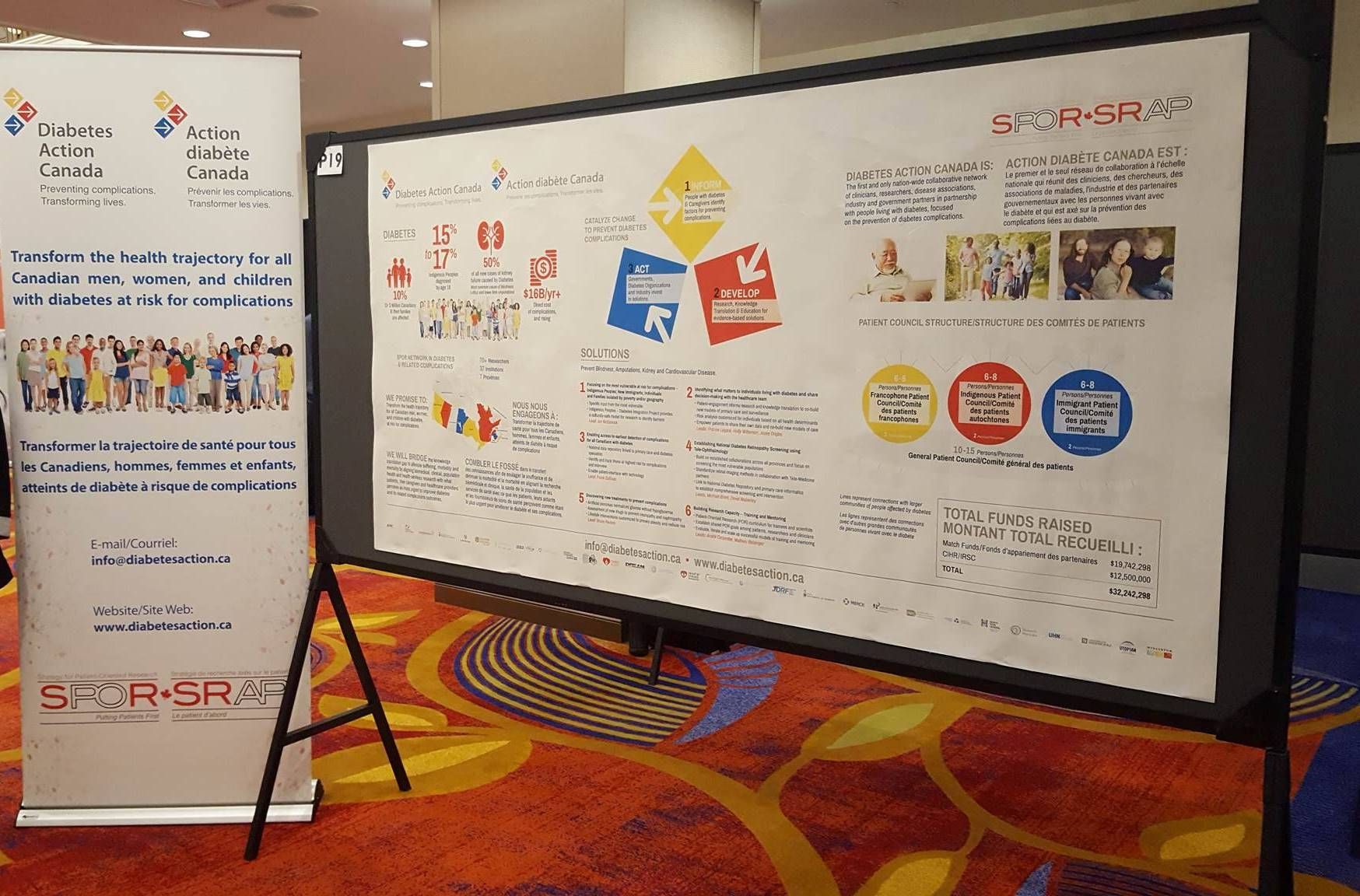For Immediate Release – March 31, 2016
TORONTO, ON – A new national research network was launched today to transform the health outcomes of individuals with diabetes and its related complications. It will be led by two of Canada’s top researchers in the field and includes researchers conducting leading-edge health and biomedical research at nine institutions across the country.
“Diabetes is a huge burden to our health system right now. One in four Canadians have diabetes or pre-diabetes and it’s costing us $16-billion per year to treat. By 2020, we anticipate that more than 3 million Canadians will have diabetes. We have an opportunity to harness the tremendous research being done in Canada to find better solutions,” said Professor Gary Lewis, Director of the Banting and Best Diabetes Centre at the University of Toronto and a Senior Scientist with the University Health Network.
Lewis will lead the new Strategy for Patient-Oriented Research (SPOR) Network in Diabetes and Related Complications – with Professor Jean-Pierre Després, Scientific Director of the Cardiology Division of the Quebec Heart and Lung institute, Director of Science and Innovation at Alliance santé Québec and a Professor of Kinesiology at Université Laval.
Today, Federal Health Minister Jane Philpott announced funding from the Canadian Institutes for Health Research (CIHR) for five SPOR Networks in Chronic Disease. “These networks will produce the innovations that improve health of Canadians and position Canada as a global leader in research on these chronic diseases,” said CIHR President Dr. Alain Beaudet.
Each SPOR Network will receive $12.45-million from CIHR to be matched by partners. The SPOR Network in Diabetes and Related Complications has partnered with the Canadian Diabetes Association, JDRF, the Michael Smith Foundation for Health Research, Research Manitoba, Alliance santé Quebec, New Brunswick Health Research Foundation, Institut de recherches cliniques de Montréal, as well as private sector contributors including Merck Canada Inc., Astra-Zeneca Inc., Caprion Proteome Inc., and WinSanTor Inc., for a total five-year investment of an additional $19-million for the SPOR Network in Diabetes and Related Complications.
“JDRF is proud to be a SPOR partner, as we greatly value Canadian researchers working collaboratively to accelerate diabetes research. This gives patients hope for a better world, a world without type 1 diabetes (T1D) and this research will move us there faster,” said Dave Prowten, President and CEO of JDRF Canada.
“Our network will facilitate meaningful connections between primary healthcare providers, their patients and relevant specialists to achieve improved care and significant cost savings within our health system,” said Després.
“I have been living with T1D for 49 years, and have experienced how devastating diabetic related complications can be; I lost my eyesight 25 years ago. Last week my 14-year-old nephew was diagnosed with T1D. This disease continues its devastating path, which is what compels me to fight back and be a member of this SPOR Network,” said patient advocate Debbie Sissmore. “I am delighted to represent and advocate for the Canadians that need help in the prevention and treatment of diabetes related complications.”
A focus for the network will be the impact diabetes has on vulnerable groups, including Indigenous peoples, immigrants, women and lower socio-economic groups. “We know that diabetes has a disproportionate impact on these groups, but there is still much more research to be done on why and how to deliver appropriate and culturally sensitive treatments,” said Lewis.
The network will be based in Toronto at the University Health Network and University of Toronto. The other partner organizations are Université de Sherbrooke, Université Laval, Université de Montréal, University of Alberta, University of British Columbia, University of Manitoba, and the University of New Brunswick.
You can learn more about the SPOR Network in Diabetes by visiting their website:www.SPORNetworkDiabetes.ca
For more information:
Liam Mitchell
Associate Director, Communications
Faculty of Medicine, University of Toronto
Tel: 416-978-4672
Email: liam.mitchell@utoronto.ca




























